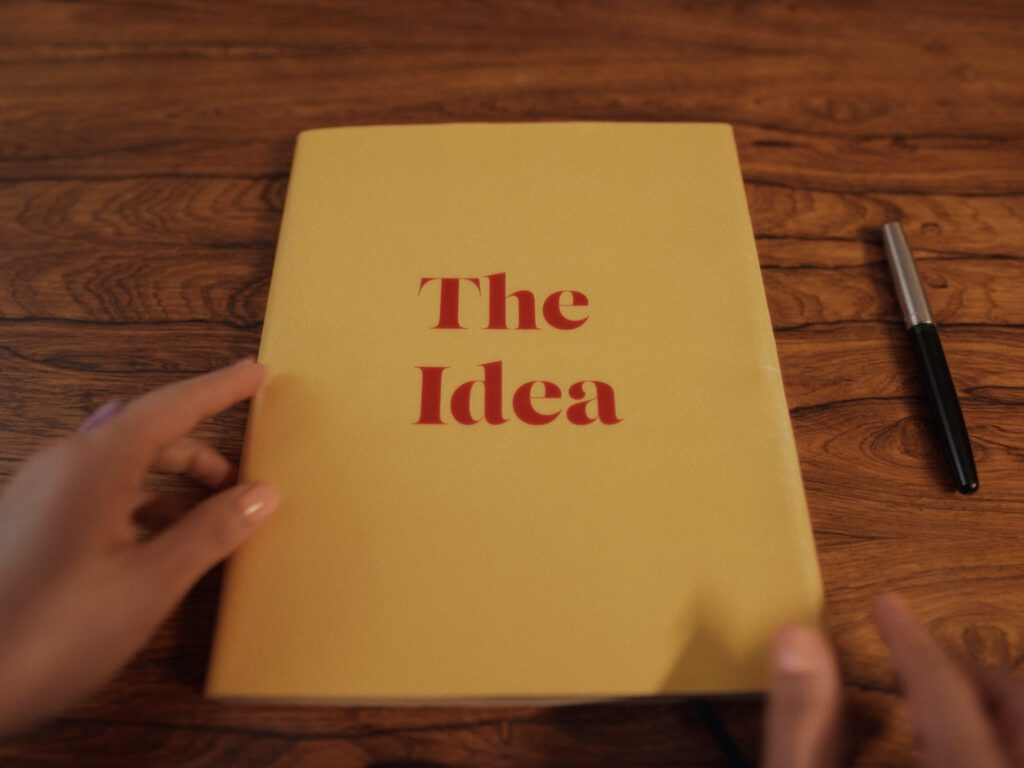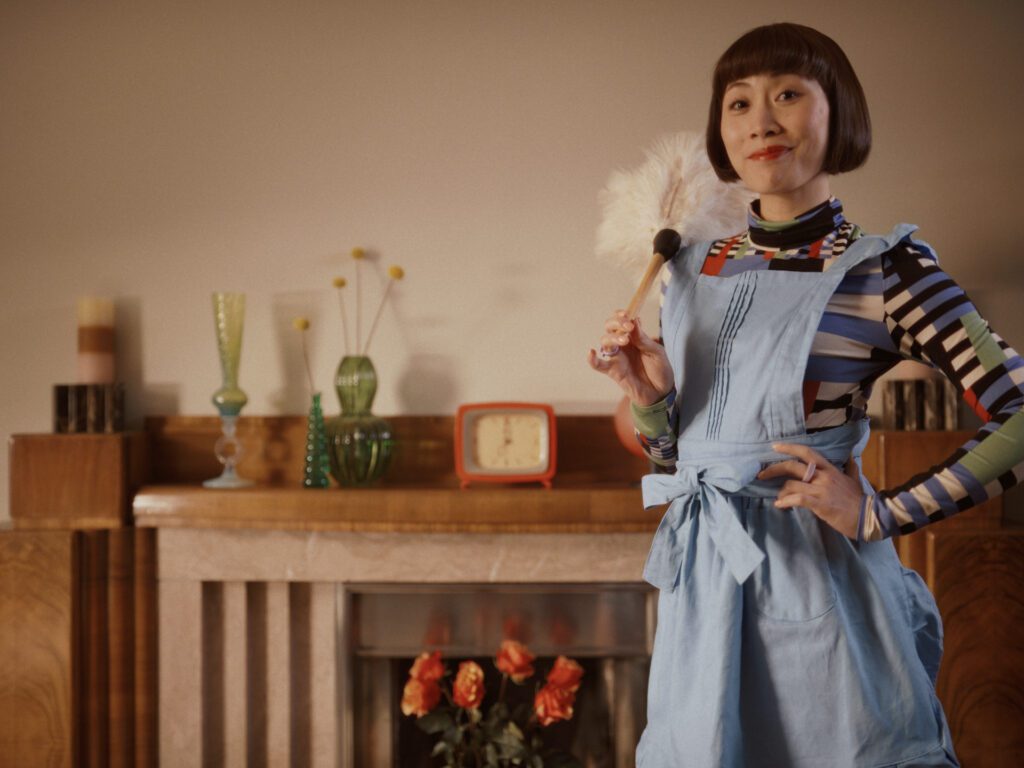Filmmaker Focus: Aleksandra Kingo
An Ode to Procrastination is Aleksandra Kingo’s tribute to the struggle faced by many creatives. The idea stemmed from personal experience and grew into a tongue-in-cheek short film that explores how avoiding our desire to make art often serves as a defence mechanism against self-doubt. We meet Sarah, a young artist who can’t seem to face the daunting task of writing. She wants to create an award-winning masterpiece but is plagued by the pressures of perfectionism and its flipside – the paralysing fear of failure. The director’s debut short film won the award for Best Fashion film at Aesthetica Short Film Festival last year and you can head over to Directors Notes to see the full Ode for yourself. We caught up with Aleksandra to learn more about what it was like to successfully finish a film about putting things off.
ASFF: Where did the inspiration for An Ode to Procrastination come from? Did you set out to make a film like this, or was it something that developed along the way?
AK: Ode was definitely a bit of an accident, in the best way possible. It came to life while I was procrastinating and struggling to write another film, which at the time was meant to be my first short. As someone who started out as a photographer and then moved on to direct big commercials without having creating any personal motion work – I used to feel a little bit of an imposter. Therefore I felt a lot of pressure for my first short to be all kinds of special, which obviously made the whole process very stressful and hard to even start. That process of procrastinating and overthinking became the catalyst for Ode. And, guess what, I never finished that initial film. Yet.
ASFF: The line “Being an Artist is hard,” runs throughout the film. What do you think the particular gifts and challenges of being a creative are?
AK: I can only speak for my own experience really! For me, being creative is a blessing and a curse. I do what I love, work with friends and earn a living from it – what could possibly be better? At the same time, I identify with my work so much that it becomes a constant emotional rollercoaster. I feel my best when I create so when it gets quieter or I burn out I sometimes don’t even know who I am anymore. Being aware of it helps but it’s still an identity crisis each time for me. For that same reason, making personal work is so much scarier than client assignments since those are the pieces that truly reflect you as an artist. So much more is at stake.

ASFF: Your works tread a fine line between surrealism, humour and the everyday. Why are these themes so important to you?
AK: I would say my work reflects who I am in a very genuine way – always brightly dressed and joyful but constantly over sharing and with plenty of things to discuss in therapy. Humour is a pretty universal language and also an ultimate defence mechanism – people tend to laugh about things that worry them so they don’t seem scary anymore. Just look at all the memes! I love wrapping more serious themes into sparkling candy wrapping and talking about serious things with a bit of a laugh. It just makes life a little bit easier.
ASFF: Which artists or filmmakers inspire you?
AK: Rene Margitte for the surreal and the uncanny. Wes Anderson for the colourful and relatable elements. Nadia Lee Cohen and Max Siedentopf are my contemporary creative crushes. But I am also heavily inspired by all of the “low culture” stuff like tiktok trends and memes – it helps me feel the pulse of humanity.

ASFF: The film won Best Fashion Award at ASFF 2023. Could you talk us through the decision for costume and the bold use of colour in the film?
AK: Yes, and thank you for that! One of the goals for Ode was to expand my visual universe by getting out onto a more “real” location whilst still staying true to my aesthetic. Fashion and prop styling was a huge element of that so it was important for me to maintain the colour coordinated and heavily art directed look for that. At the same time, the fact that the main character, Sarah, changes her outfits so much is a storytelling decision to emphasise how much she procrastinates. This is majorly based on my own experiences. Sometimes during creative blocks I would find myself excessively shopping and putting together perfectly styled outfits. This process is quite creative in itself and the feeling of instant gratification is strong, it would become an emotional substitute to actually making art. Same with Sarah – she curates her looks and the environment instead of working on her project.
ASFF: What does it mean to screen and win an award at Aesthetica Film Festival? And what can we look forward to next?
AK: It was such a wonderful experience to be recognised by such a cool festival. I wish I was there in person though – I had my tickets and travel plans sorted but had to go to Spain for work instead. One of those moments when I wished I could split in two. Next up, I am working on another short which is set during a primary school play. I collaborated with a writer this time to hold myself more accountable and avoid procrastinating. It will be very funny and cute so I’m excited to share this project!
Submit Your Film to be Part of #ASFF2024!
The post Filmmaker Focus: Aleksandra Kingo first appeared on Aesthetica Short Film Festival.
93